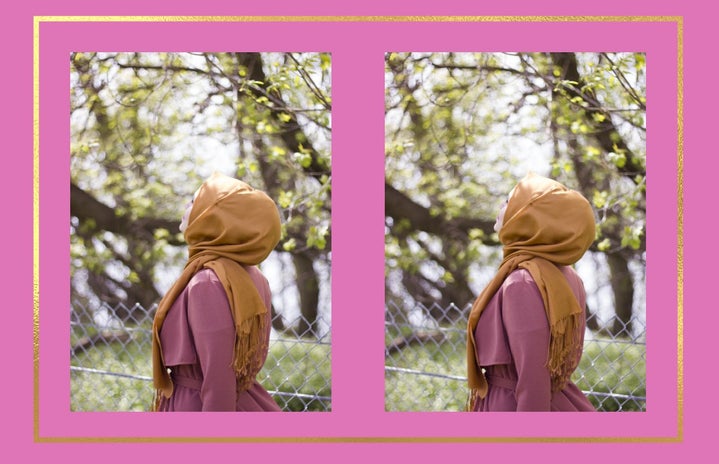Maybe you have seen or heard the protestors on the corner of 13th and University, chanting “Mahsa Amini” or maybe you have heard about the Iranian protests in the news.
This September, Mahas Amini, a 22-year-old female, died while in custody of the Iranian police. Three days prior to her death, she was arrested for a dress code violation, specifically for an “improper hijab”.
Iranian girls and women are subject to rigorous dress codes, which include wearing a hijab to ensure their hair is fully covered in public. There is no tolerance or warnings for mistakes.
Mahsa Amini’s death unleashed outcry and protest from Iranian women nationwide. Iranian women began taking off their hijabs and waving them in the air to protest the severe oppression they are forced to live under.
Protestors have risked their own lives by removing their hijabs or simply speaking out. In the three months since Amini’s death, the Iranian government has killed over 300 protestors. The Iranian government has also arrested thousands of people, including journalists. Those arrested are facing punishments as severe as death.
Iranian feminist and activist Mana Shooshtari promotes the protection and encouragement of human rights on issues such as immigration reform, gun prevention, and sexual and reproductive health. Throughout the protests in Iran, Mana Shooshtari is working to bring the voices of Iranian women to the world.
Shooshtari explained, “When you target one person in society, it has this ripple wave.” She continued, “And I hope people can understand the larger ramifications of stripping women of their rights because it’s not just women who are going to be affected. It’s going to be everybody.”
It is clearly not simply an issue of clothing; it is an issue of freedom, safety and opportunities.
As a college student in the U.S. I am fortunate enough to live in a place where people are not only allowed to speak up but are encouraged to do so. Everyone who has the privilege to speak out in solidarity with Iranian women and for all people with limited rights can post on social media, write to elected officials and take a stand.


